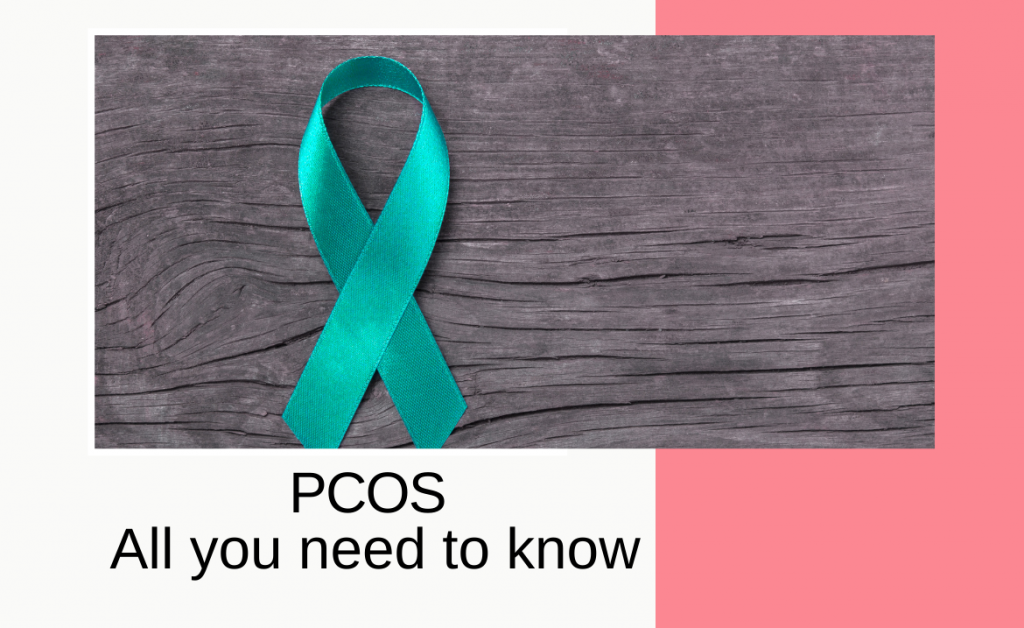September is PCOS awareness month. Across the globe, many individuals, support groups, and organisations participate in various activities to raise awareness about this common women’s health concern.
Polycystic Ovarian Syndrome, commonly known as PCOS, is a hormonal condition that affects 1 in 10 women during their childbearing years. However, approximately 70 per cent of cases are undiagnosed because many women may not exhibit the common symptoms.
So, what is PCOS, and how do you know if you may have it? Let’s take a look.
What is PCOS?
PCOS is a result of hormonal imbalances within the endocrine system. These imbalances cause excessive production of testosterone, while negatively affecting levels of the Follicle Stimulating Hormone (FSH), and Luteinising Hormone (LH). This imbalance results in limited egg production and, in turn, affects a woman’s menstrual cycle and fertility.
What causes PCOS?
While the exact cause of PCOS is unknown, two factors are clear,
- It is genetically inherited, for instance, if your mother or sister has it.
- Disrupted signalling from the brain to the ovaries affects hormone production.
The common symptoms of PCOS
PCOS symptoms usually present during puberty. However, just like the symptoms, they can vary from woman to woman. So, what one woman may experience, may not be the same for another.
Some of the most common symptoms to look out for are:
- Excessive acne.
- Excessive facial and body hair growth.
- Thinning or excessive hair loss from the head.
- Irregular or absent menstrual cycle.
- Difficulty managing weight.
How is PCOS diagnosed?
The diagnosis of PCOS involves three key checks.
- Symptoms: Your doctor will assess whether you are showing any of the symptoms associated with PCOS.
- Blood tests: For further clarification, your doctor will carry out some blood tests. They will check for imbalances in your hormone levels, in particular testosterone.
- Ultrasound: This is useful to identify ovarian cysts that may be present.
Treatment of PCOS
Your doctor will tailor treatment for PCOS according to your circumstances If you are planning to have a family and fertility is your concern, your doctor may suggest lifestyle, diet, and exercise changes. Often this can help bring balance to your hormones and improve your chances of natural conception.
Should you require further treatment, your doctor may prescribe clomiphene citrate or FSH injections for ovulation induction.
If having a baby is not on your mind, your doctor may prescribe the oral contraceptive pill to help manage acne and excessive hair growth. This will also assist with bringing back and maintaining a regular menstrual cycle.
Ongoing care
Unfortunately, PCOS is a chronic condition and requires a lifetime of management and care. Maintaining a healthy lifestyle, PCOS-friendly diet, and exercise, along with regular consultation with your healthcare professional, is essential.
Get professional advice
If you are experiencing any of the symptoms mentioned or have any concerns call 02 4225 1999 and speak to Dr Kothari.
Dr Kothari will take the time to listen and understand your concerns. After careful observation and diagnosis, he will provide you with a tailored treatment to suit your circumstances and will be there to guide you and support you throughout your journey.
Call: 02 4225 1999
Email: admin@wollongongObGy.com.au

